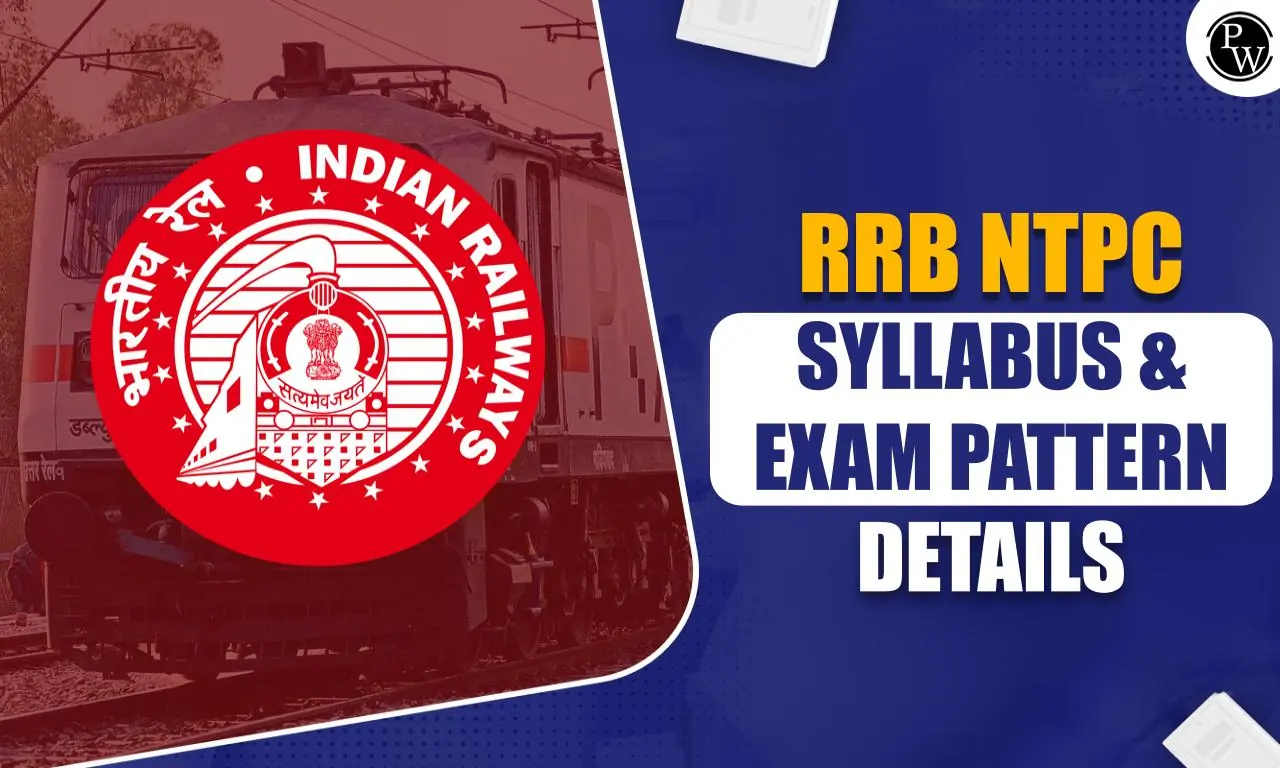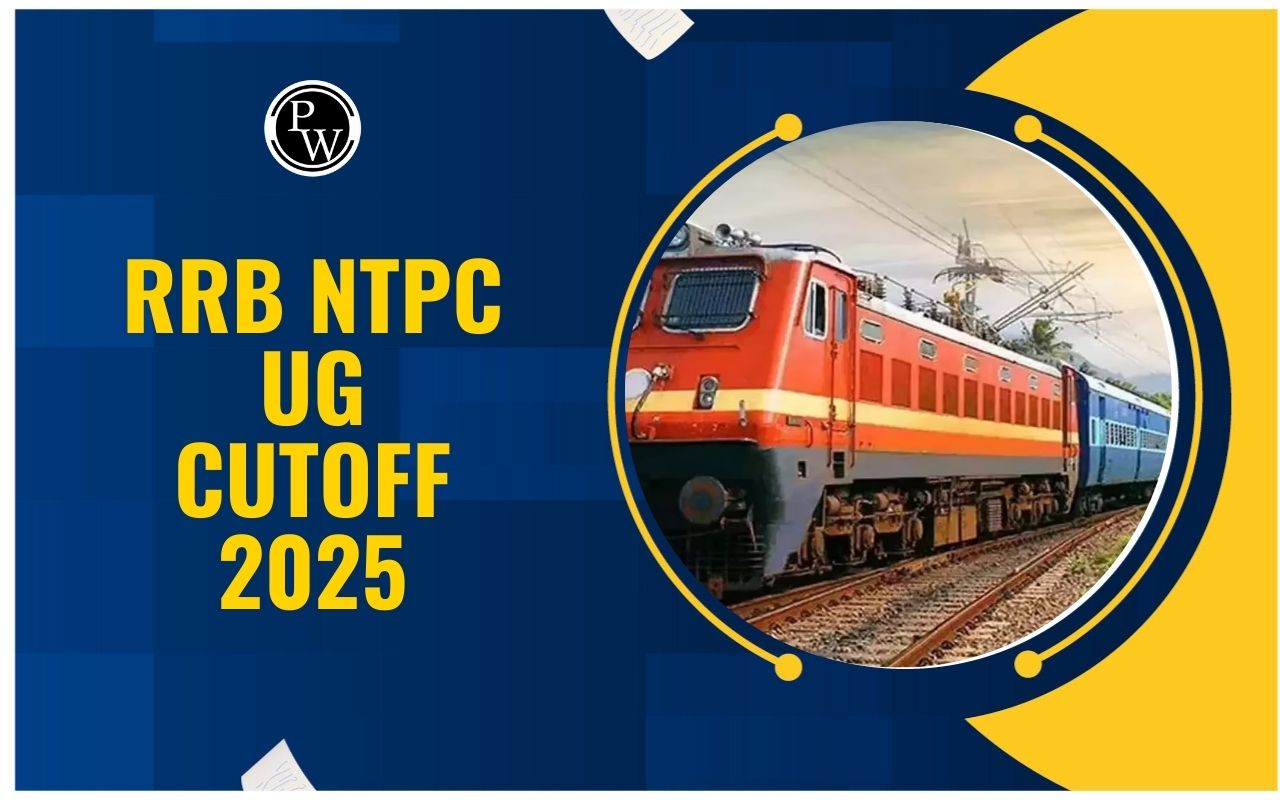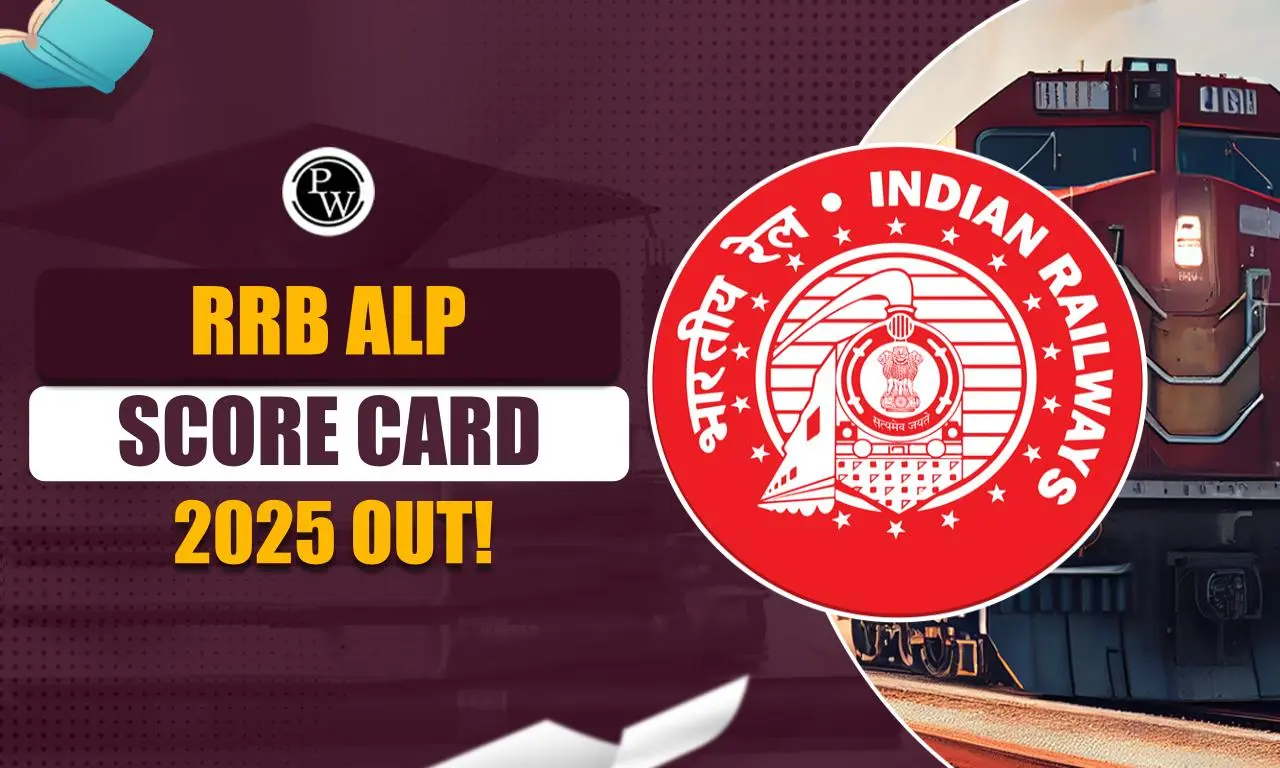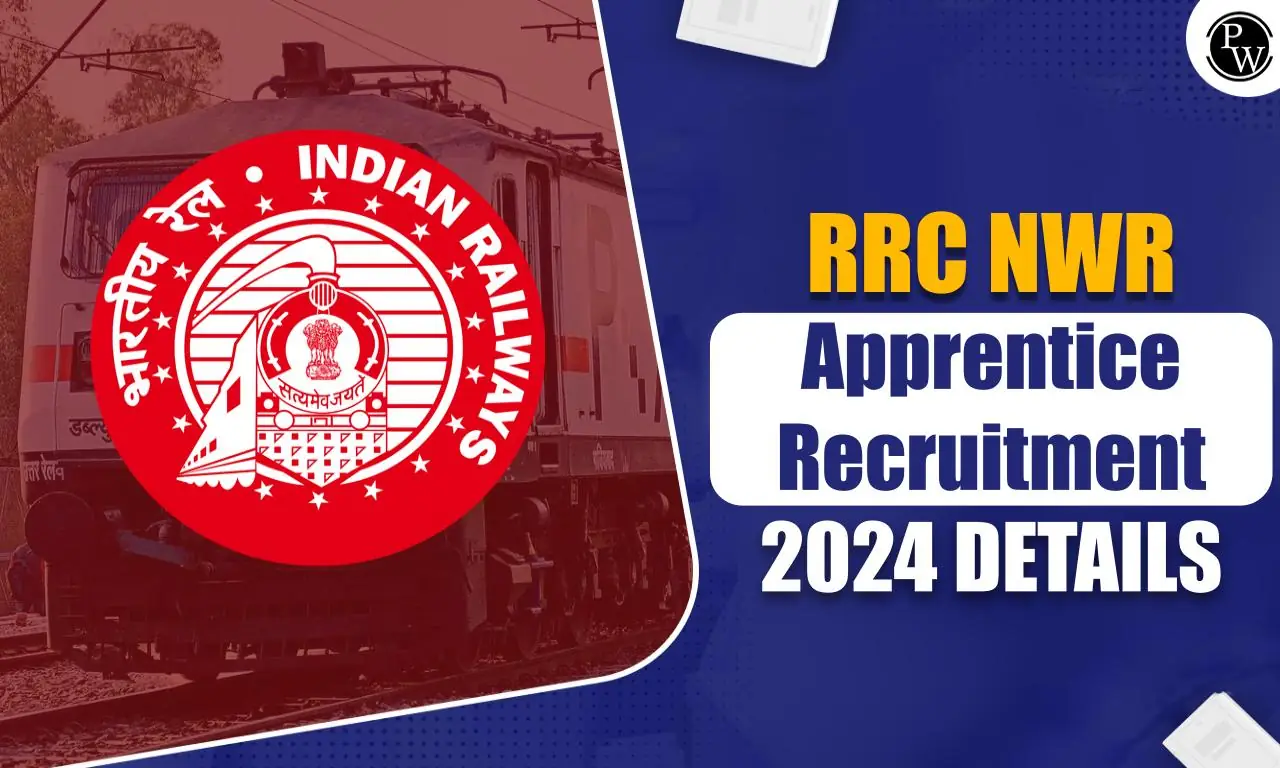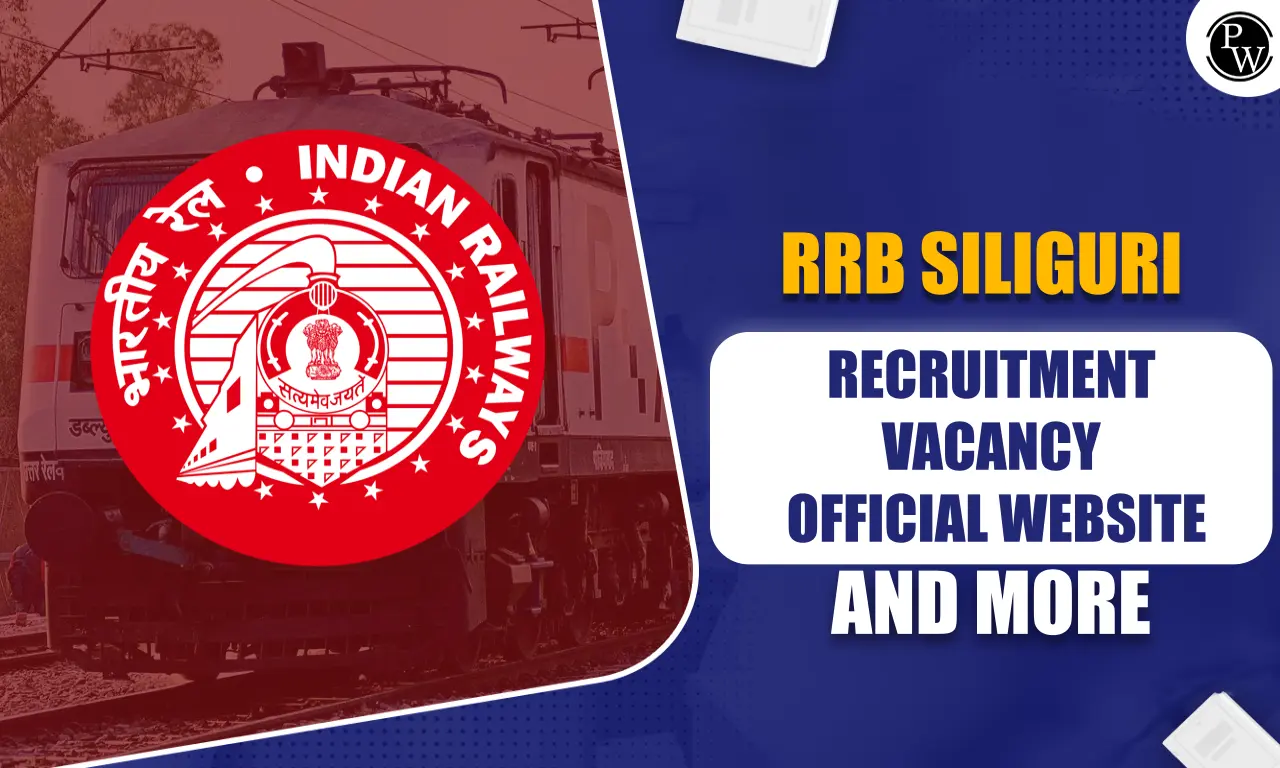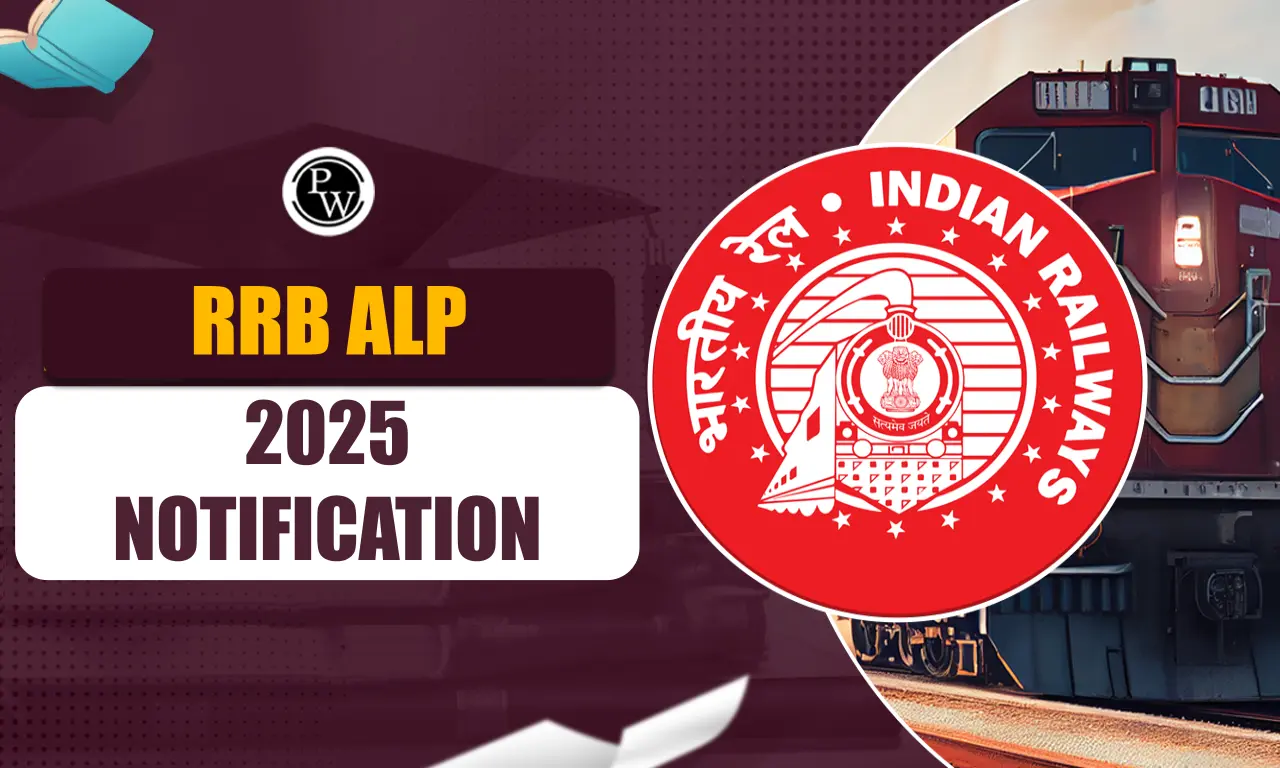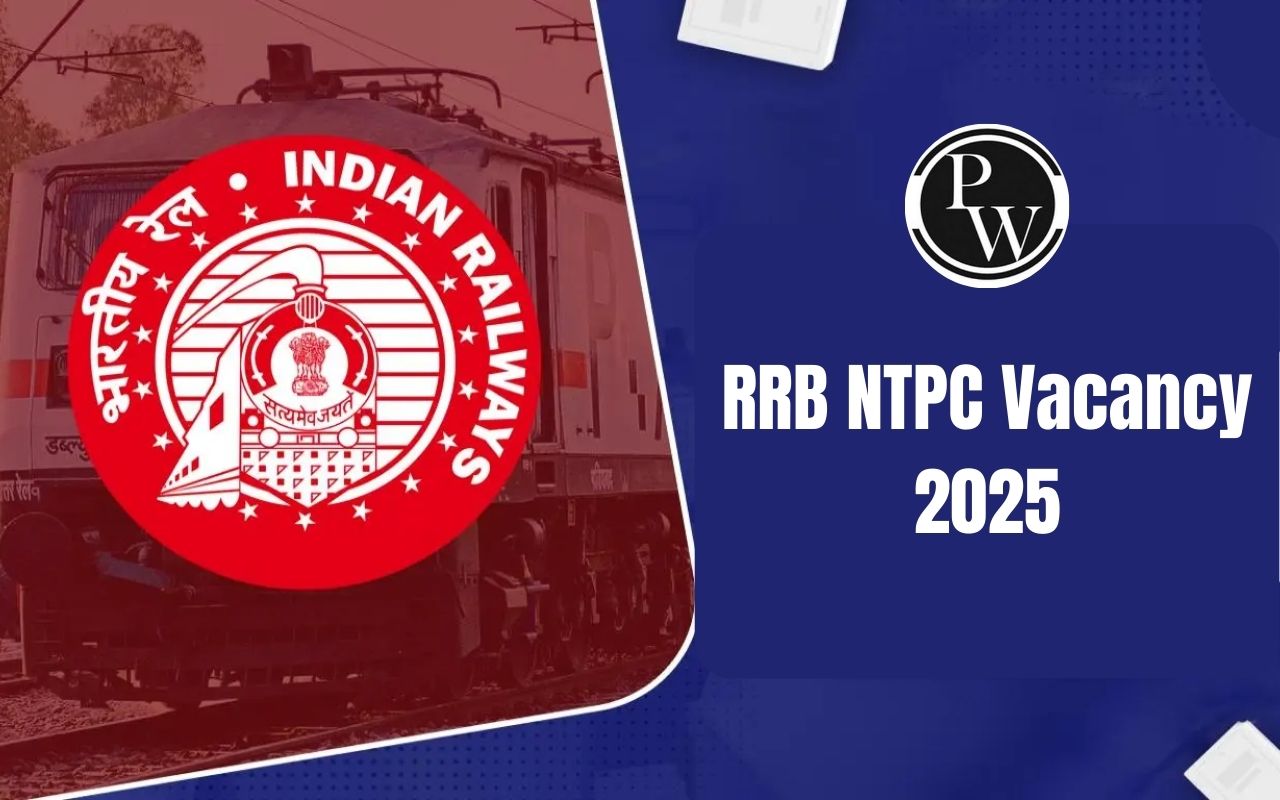
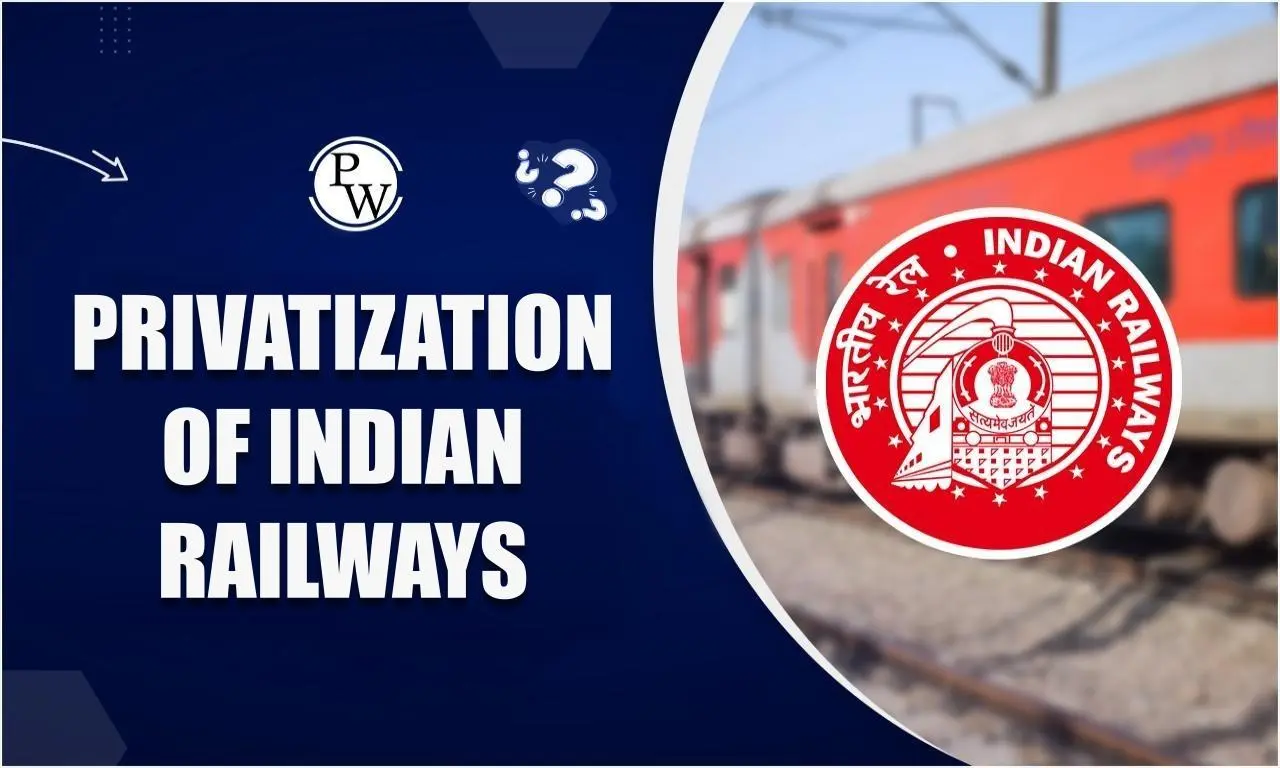
Privatization of Indian Railways : Indian Railways, a colossal institution employing over 12 lakh people, has long been the lifeline connecting the nation. Amidst discussions of modernization, the concept of privatization has emerged as a potential path to enhance railway services. This article delves into the recent decision of the Ministry of Railways to introduce private participation and its implications.
Recent Perspective on Indian Railways Privatization
The Railways Minister, Piyush Goyal, clarified that while Indian Railways won't be fully privatized, private investment should be welcomed to enhance efficiency. This approach aligns with the government's push for public-private collaboration to drive growth and generate employment opportunities.Privatization of Indian Railway Initiatives
In July 2020, the Ministry of Railways unveiled plans to operate 151 trains on 109 routes via private sector engagement, constituting a mere 5% of the total train services. Expected to commence operation around 2023, these private trains are set to operate in 12 clusters, attracting an estimated investment of Rs. 30,000 crores.The Shift and Its Nuances
Private train operators will have the autonomy to source locomotives and trains, introducing competition and innovation. While most onboard staff will be private employees, the train's key positions, like the loco pilot and guard, will remain under the Railways' purview.Privatization of Indian Railway: Challenges and Changes
With private engagement, passengers might encounter services reminiscent of the airline industry – charges for extra baggage, preferred seating, and onboard amenities. The process involves inviting proposals from potential vendors capable of introducing modern trains compatible with existing rail infrastructure.Impact on Indian Railways
As a fundamental part of the nation's fabric, Indian Railways boasts an extensive network, carrying billions of passengers and tonnes of freight annually. It operates schools, hospitals, and holds shares in various related organizations.Reasons Behind Indian Railways Privatization
The move to privatize, instead of fully liberalize, stems from a panel chaired by Bibek Debroy, which advocated "liberalisation and not privatisation." It aims to enhance services, accommodate growing demand, and encourage modernization.Addressing Capacity Issues
A critical need for privatization arises from railways often failing to meet the overwhelming demand for travel, leaving many on waiting lists. Private investment could substantially augment capacity, catering to unmet travel needs.Enhanced Passenger Experience
Privatization offers the potential for cleaner, more efficient services, and punctual trains. Newer technology could improve safety and comfort, and privatization may drive the railways to compete with the comforts of air travel.Balancing Criticisms
Critics raise concerns about potential fare hikes affecting common commuters and the impact on job opportunities, especially for economically disadvantaged sections. Various trade unions have opposed the move.Charting the Path Ahead
The introduction of an independent regulator, the expedited establishment of the Rail Development Authority, sustainable pricing mechanisms, and the implementation of the Bibek Debroy committee's recommendations are crucial steps in navigating the new landscape of privatization in Indian Railways.Pros and Cons of Privatization of Indian Railways
Privatization of Indian Railways comes with a set of advantages and disadvantages, which should be weighed carefully to ensure the best course of action for the future of the nation's vital transportation network.| Pros and Cons of Privatization of Indian Railways | |
| Pros of Privatization | Cons of Privatization |
| 1. Better Infrastructure: Improved facilities and infrastructure, addressing current shortcomings. | 1. Accessibility: Inaccessible for less profitable areas, potentially leaving parts of the country underserved. |
| 2. Enhanced Maintenance: Better maintenance of coaches, engines, and tracks, leading to reduced accidents. | 2. Fare Hike: Increased fares to prioritize profits, possibly making rail travel less affordable for citizens. |
| 3. Increased Competition: Introduction of competition, leading to better facilities for passengers. | 3. Lack of Transparency: Private firms might not disclose policies, reducing transparency and public awareness. |
| 4. Addressing Problems: Resolution of issues like poor sanitation, insecurity, and unruly behavior. | 4. Special Provisions: Special provisions for the elderly, handicapped, and others could be eliminated. |
| 5. Timeliness: Potential reduction in delays and better punctuality of trains. | 5. Focus on Profits: Shifting focus to profits might neglect the welfare aspect of the railway system. |
Privatization of Indian Railways FAQs
What is the recent perspective on the privatization of Indian Railways?
The Railways Minister, Piyush Goyal, clarified that Indian Railways won't be fully privatized, but private investment will be welcomed for enhanced efficiency and growth.
What are the key initiatives in Indian Railways privatization?
The Ministry of Railways announced plans to operate 151 private trains on 109 routes, constituting 5% of total services, with private operation expected to start around 2023.
How will privatization impact passenger experience and services?
Privatization aims to introduce competition, cleaner services, punctuality, and better amenities, with a potential for improved safety and comfort.
What are the challenges raised by critics regarding Indian Railways privatization?
Critics express concerns about fare hikes impacting common commuters and potential job loss for economically disadvantaged sections due to privatization.
How does the privatization plan address the issue of capacity limitations in Indian Railways?
The introduction of private engagement is expected to augment capacity, addressing the problem of unmet demand and waiting lists for rail travel.
🔥 Trending Blogs
Talk to a counsellorHave doubts? Our support team will be happy to assist you!

Check out these Related Articles
Free Learning Resources
PW Books
Notes (Class 10-12)
PW Study Materials
Notes (Class 6-9)
Ncert Solutions
Govt Exams
Class 6th to 12th Online Courses
Govt Job Exams Courses
UPSC Coaching
Defence Exam Coaching
Gate Exam Coaching
Other Exams
Know about Physics Wallah
Physics Wallah is an Indian edtech platform that provides accessible & comprehensive learning experiences to students from Class 6th to postgraduate level. We also provide extensive NCERT solutions, sample paper, NEET, JEE Mains, BITSAT previous year papers & more such resources to students. Physics Wallah also caters to over 3.5 million registered students and over 78 lakh+ Youtube subscribers with 4.8 rating on its app.
We Stand Out because
We provide students with intensive courses with India’s qualified & experienced faculties & mentors. PW strives to make the learning experience comprehensive and accessible for students of all sections of society. We believe in empowering every single student who couldn't dream of a good career in engineering and medical field earlier.
Our Key Focus Areas
Physics Wallah's main focus is to make the learning experience as economical as possible for all students. With our affordable courses like Lakshya, Udaan and Arjuna and many others, we have been able to provide a platform for lakhs of aspirants. From providing Chemistry, Maths, Physics formula to giving e-books of eminent authors like RD Sharma, RS Aggarwal and Lakhmir Singh, PW focuses on every single student's need for preparation.
What Makes Us Different
Physics Wallah strives to develop a comprehensive pedagogical structure for students, where they get a state-of-the-art learning experience with study material and resources. Apart from catering students preparing for JEE Mains and NEET, PW also provides study material for each state board like Uttar Pradesh, Bihar, and others
Copyright © 2025 Physicswallah Limited All rights reserved.

